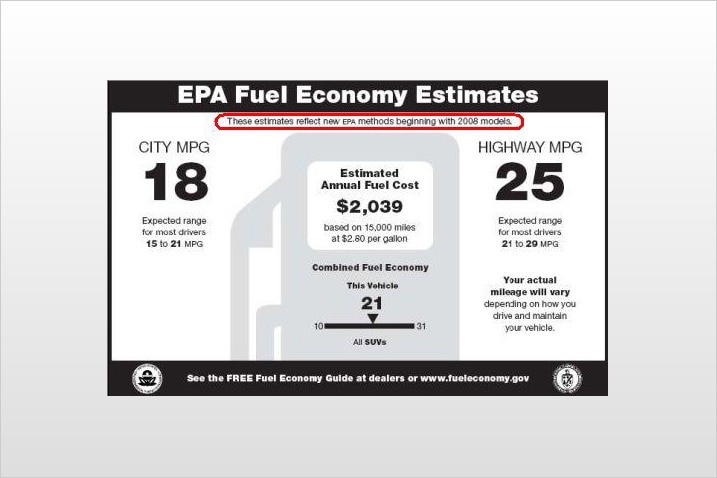Backed by Industry
After steadfast opposition to mandated fuel economy standards, including CAFE — which were nonetheless grudgingly adhered to most years — the auto industry this time around decided to throw in the towel and endorsed the new standard.
"This tough national fuel economy bill will be good for both consumers and energy security," said Dave McCurdy, president of the Alliance of Automobile Manufacturers, the trade group that represents General Motors, Ford, Chrysler, Toyota, Daimler and five other automakers, in a December interview.
Automakers still will have a lot to say — and likely to gripe about — as the implementing rules are developed. But most believe they can meet the goal by applying a lot of existing technologies that have been considered too expensive in the past but will become more affordable as they are applied to greater numbers of vehicles — and as the price of gasoline and diesel fuel continues to rise.
NHTSA, which has until late this summer (2008) to come up with the rules, isn't talking about things yet. "It's premature to discuss," said an agency spokesman when asked about how the new CAFE law might differ from its predecessor.
So far, NHTSA has asked all automakers that sell cars and trucks in the U.S. for their 10-year product plans so it can determine what kinds of vehicles will be built and sold as the new fuel-efficiency standards are applied.
That's important because, as is the case now, the new system is likely to be built on a sales-weighted averaging scheme.
Also significant, the new law tells NHTSA to use vehicle attributes such as weight, cargo volume, engine size and emissions to devise fuel economy rules, meaning that the average for individual companies can vary depending on the kinds of vehicles they sell.
Presently, the determining factor is first whether the vehicle is classified as a car or truck, and then the vehicle's size — not weight — determined by multiplying the length of the wheelbase by the width of the track, the distance between the centerline of the tires. Cars have a higher CAFE average than trucks, and the larger vehicles in each of those two classes are assigned lower mileage mandates than are the smaller vehicles.
If the same system is kept for the new CAFE, an automaker with a heavy bias toward big trucks and SUVs — Chrysler, for instance — would have a lower annual average to meet than would American Suzuki, whose fleet is made up mainly of small cars and compact SUVs.
Therese Langer, transportation program director for the American Council for an Energy-Efficient Economy, sums up how manufacturers and environmentalists alike feel about the new law: "We're not as happy with all this as we could be, but we are happy. It's still a big improvement in fuel economy."
